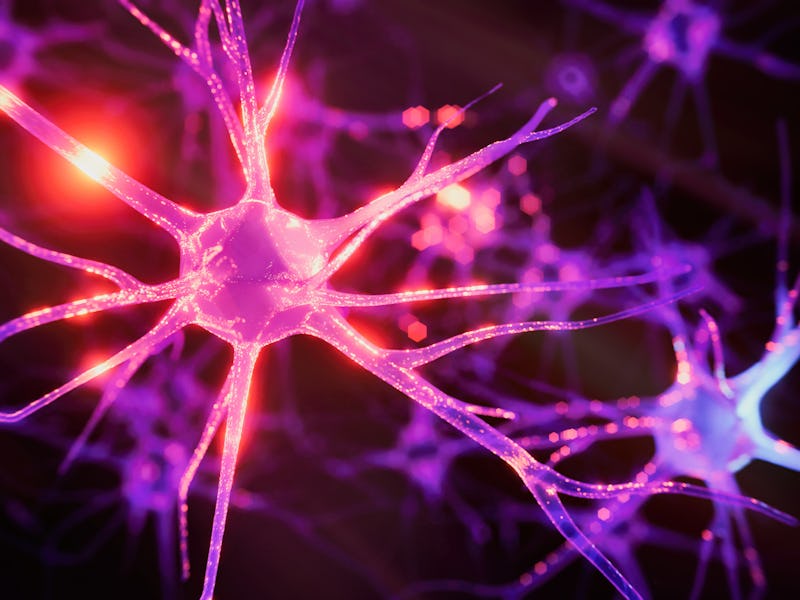A Novel Discovery Hints At Why We Stop Producing New Brain Cells — And What We Can Do About It
This finding could one day aid in neurogenesis, or the production of new neurons.

As we get older, everything in our bodies age, even our cells.
But brain cells are different. Most neurons last a lifetime, and the adult brain even contains several areas that can make new neurons throughout our lives. But activating them is key, and new research brings us one step closer to fully understanding this process.
A team from Stanford University has made headway in unraveling the reason why neural stem cells, which help trigger the production of new neurons, decline with age. Their new paper published this week in the journal Nature details their development of a gene editing tool that can help find pathways to stave off the cognitive decline that comes with aging. This finding could one day aid in neurogenesis, or the production of new neurons, in ailing brains by targeting these pathways.
Using the gene editing tool CRISPR, the Stanford team created a screening platform that searches the genome to identify genes involved neural stem cell activation. In particular, this platform seeks out genes that, when switched off, promote neural stem cell activation in older mouse brains.
They identified a whopping 300 genes with this ability, but the gene Slc2a4 intrigued them. This gene codes for the protein GLUT4, which transports glucose. When they knocked out the gene for this protein, it stopped glucose transportation and markedly improved neural stem cell function. This finding indicates that decreasing glucose levels facilitates neural stem cell activation. On the flip side, this finding suggests that higher glucose levels around neural stem cells could keep them in an inactive state, hindering new neuron production. Researchers hope this new research could lead to novel drugs or even dietary interventions that could influence GLUT4.
“The next step is to look more closely at what glucose restriction, as opposed to knocking out genes for glucose transport, does in living animals,” senior author Anne Brunet, professor of genetics at Stanford University, said in a press release.
While this discovery requires further research, especially in humans, it represents a step forward in understanding cognitive decline at the neuronal level.